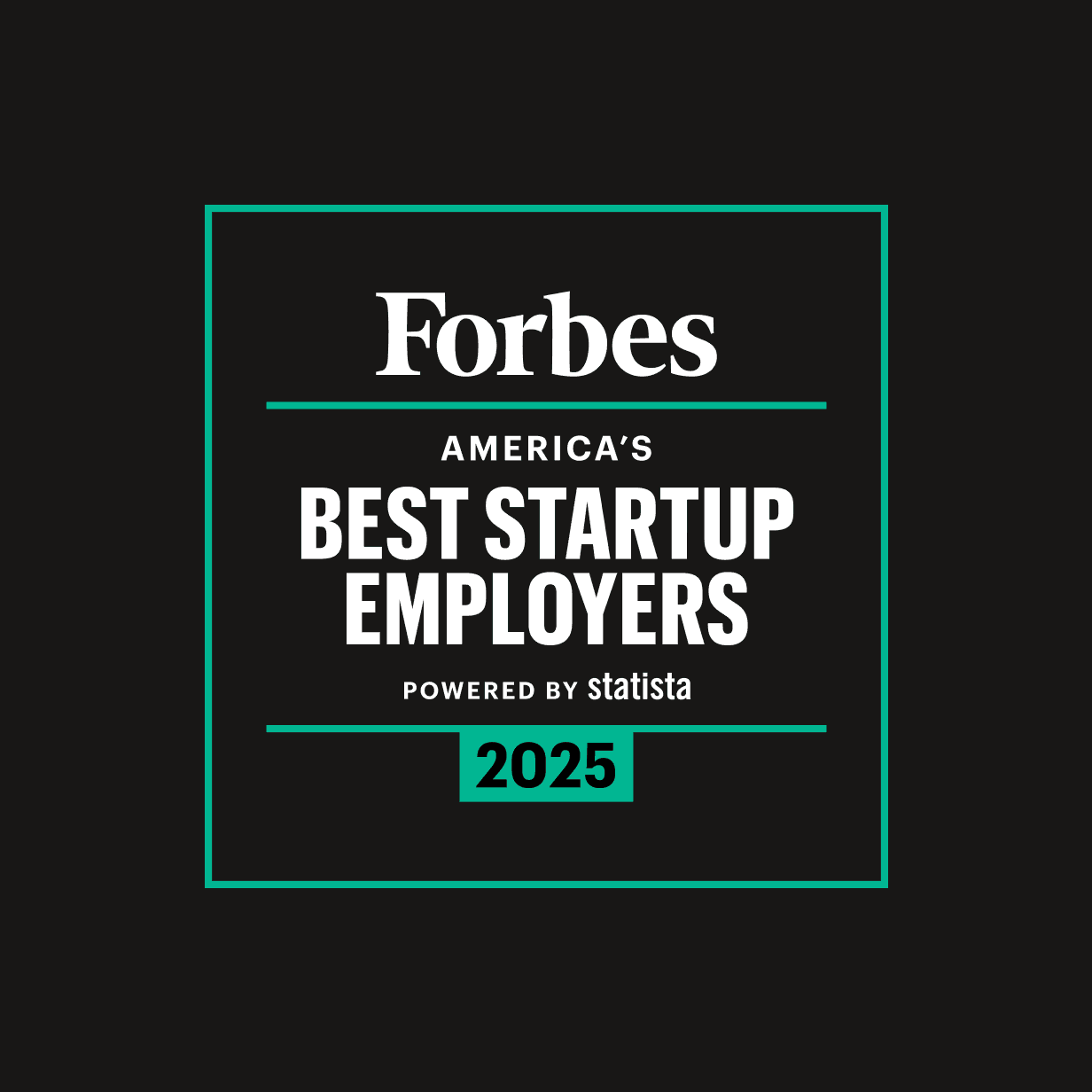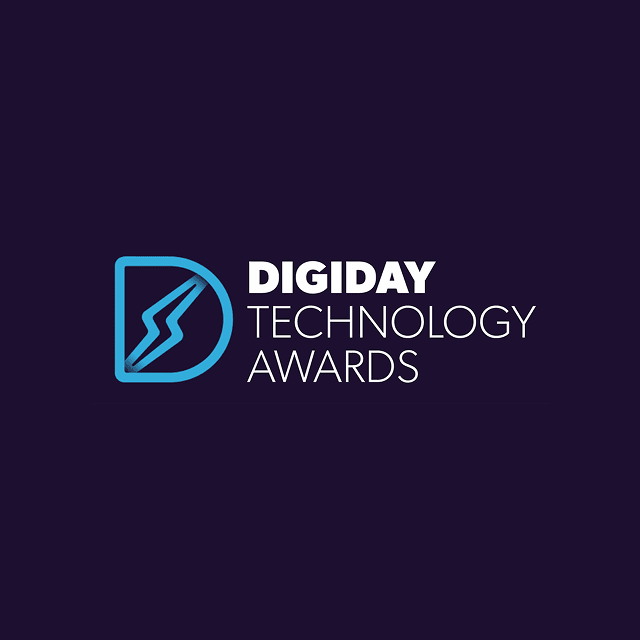AI agents are gaining popularity as businesses explore their potential and the benefits they offer. This article will guide you if you're unsure what AI agents can help you achieve. We'll explore how AI agents are being used across various business departments, share real-life examples, and highlight the benefits companies are seeing.
What are AI agents?
AI agents are AI that carry out specific tasks by gathering information, making decisions, taking action, and learning from their outcomes, all with minimal human input. They help automate manual, tedious, and repetitive tasks at a scale humans can't match while supporting better decision-making. AI agents are valuable for businesses because they allow operations to scale without increasing headcount. They also free up time for tasks such as creative work and strategic planning.
What are the benefits of AI agents?
- Always on: Unlike humans, AI agents don't need rest. They can operate 24/7, 365 days a year. This is especially valuable for departments like customer support, reducing wait times and improving customer retention.
- Enhanced decision making: AI agents learn from each decision, continuously using feedback to improve performance. This creates a closed-loop system of ongoing learning, leading to smarter, more efficient decision-making at scale.
- More time: By automating manual, repetitive tasks, AI agents free you to focus on higher-value activities such as creative thinking and strategic planning.
- Scalability: The number of AI agents you can deploy is unlimited. You can even assign multiple agents to a single customer, enabling operational growth that would be impossible with human teams alone.
- Improved efficiency: AI agents perform tasks consistently, whether the first time or the thousandth. Unlike humans, they don't introduce errors or inefficiencies, ensuring reliable results at every step.
- Upleveling current employees: By unlocking more time and efficiency, your current team can focus on more impactful, strategic items allowing you to get more value from current team members.
AI agents examples in marketing
Marketers juggle many responsibilities and often wear multiple hats. With so many demands competing for their attention, marketers often can't allocate the time they want toward new projects. High-impact initiatives like creating ad campaigns or launching new channels often get pushed aside as marketers become bogged down with manual, repetitive work.
Several challenges contribute to this slowdown. One major hurdle is the difficulty of building linear customer experiences — there’s no simple way to test and optimize at scale. Segmentation can also be limited, forcing marketers to deliver generic experiences to broad audiences. On top of that, constant changes across ad platforms, particularly mobile advertising channels, add new layers of complexity that are hard to keep up with. And to make matters worse, distributing content manually eats up valuable time that could be spent on more strategic activities.
This is where AI agents come in. They can automate tasks and speed up previously manual processes allowing marketers to focus more time on new projects that will move the needle.
| Use case | Without AI Agents | With AI Agents |
|---|---|---|
| Lifecycle Marketing | Manually segment audiences into broad, non-personalized groups Manually write and schedule email campaigns, consuming valuable time | AI-driven, dynamic customer segmentation and journey mapping for deeper engagement AI-driven workflow orchestration for 1:1 customer journeys |
| Paid Media | Manually monitor ad performance through error-prone spreadsheets Manually adjust targeting and bids through slow, trial-and-error processes | AI-driven, continuously optimized ad targeting and bidding Campaign performance insights with automatic optimization |
| Content Marketing | Brainstorm content ideas manually in meetings Manually write and edit all content, consuming valuable time | Instantly generate content ideas, outlines, and initial drafts with AI AI-powered editing to ensure flawless grammar, style, and tone |
Real-world examples
- Whoop increased upsells by 10% by using AI agents to shift from static, calendar-based email blasts to personalized, one-to-one member experiences.
- PetSmart increased offer activation by 22% by using AI agents to shift from a one-size-fits-all loyalty program to personalized, data-driven member experiences.
Customer Service & Support
Resolving customer issues quickly and effectively is a top priority for customer service teams — and when done well, it leads to stronger loyalty and higher retention.
Yet supporting customers across different time zones brings major challenges. Building a team large enough to minimize response times and avoid long wait periods can strain headcount and resources. At the same time, a lack of personalization in responses can leave customers feeling like just another number. Prioritizing issues and escalating the right tickets to the right teams adds another layer of complexity that service teams must constantly navigate.
This is where AI agents can make a difference. They can help handle these tasks efficiently, allowing teams to deliver faster, more personalized support at scale.
| Use case | Without AI Agents | With AI Agents |
|---|---|---|
| Answer common inquiries | - Long wait times frustrate customers stuck on hold or in queues - Repetitive questions drain human teams and slow response times - Limited operating hours leave customers unsupported when they need help most | - AI chatbots resolve customer queries 24/7, reducing wait times - Quick, standardized AI responses free up human agents for complex issues - Consistent, high-quality support across all communication channels |
| Troubleshoot technical issues | - Customers must explain issues in detail to human agents, slowing resolution - Complex or time-consuming diagnoses depend on specialized staff availability - Limited self-service options frustrate customers seeking quick answers | - Automated troubleshooting tools guide users through step-by-step solutions, anytime - AI interprets symptoms and recommends targeted solutions - Minimizes reliance on advanced technical staff during first contact |
| Provide personalized product recommendations | - Sales and support teams rely on guesswork and limited information - Generic suggestions fail to meet individual customer needs - Personalizing interactions manually consumes significant time and resources | - AI analyzes user data and preferences - Tailored recommendations boost customer satisfaction - AI enables scalable personalization across large customer bases |
| Reduce support ticket volumes | - High support volumes create backlogs and delay responses - Manual triage by human agents slows down support resolution - Surging workloads overwhelm support teams and reduce efficiency | - Automated triage instantly routes tickets to the appropriate channels - AI bots manage FAQs and repetitive tasks, freeing agents for higher-value work - AI reduces overall ticket volume significantly |
Real-world examples
- Vodafone created a generative AI virtual assistant, SuperTobi, to improve responses to customer requests. SuperTobi helped boost the first-time resolution rate from 15% to 60% and increased the Net Promoter Score (NPS) by 14 points, reaching 64.
- Alibaba created AliMe, an intelligent human-computer interaction–based shopping guide that proactively analyzes and predicts customer service needs. On Single’s Day, AliMe handled 300 million queries, saving the company from needing an additional 85,000 human staff.
AI agents examples in sales
Sales teams need to focus on what they do best: advancing and closing deals. But too often, necessary yet time-consuming tasks get in the way. Poor lead qualification can lead to unproductive conversations with prospects who aren't the right fit. Extensive research is also required to personalize sales interactions — ensuring every outreach meets customer demands and expectations. On top of that, sales reps must dedicate valuable time to updating CRM records, pulling them away from active selling.
Fortunately, AI agents can step in to handle many of these tasks, freeing sales teams to spend more time where it matters most: closing deals.
| Use case | Without AI Agents | With AI Agents |
|---|---|---|
| Lead Generation and Scoring | Manually collect leads from scattered sources like websites, directories, and spreadsheets Lead scoring is inconsistent and subjective, based on guesswork | AI-driven lead generation powered by data analytics and pattern recognition AI scoring prioritizes leads with the highest conversion potential |
| Prospect Research | Manual research across search engines, social media, and public records consumes valuable time Inability to efficiently aggregate and analyze data from multiple sources | AI automates data gathering across diverse sources AI delivers comprehensive insights including firmographics and buying signals |
| Automated Outreach and Follow-ups | Manual scheduling of emails and phone calls slows outreach Lack of visibility into contact history, timing, and outcomes | AI-driven sequencing optimizes email and call outreach Automated follow-ups triggered by lead behaviors and key events |
| Pipeline and Workflow Management | Manual pipeline updates in spreadsheets and CRM systems Prone to data errors, missed opportunities, and delayed visibility into pipeline status | AI automates data capture and pipeline updates Status updates and alerts ensure timely follow-ups and optimize workflows |
| Call and Meeting Intelligence | Meetings and calls often go unrecorded or depend on error-prone human note-taking Inconsistent summaries and unclear action items hinder follow-through | AI transcribes calls and analyzes conversations AI generates automated notes, action items, and suggestions to boost engagement |
| Upselling and Cross-selling | Sales teams rely on individual knowledge and guesswork for upsell and cross-sell opportunities Limited personalized recommendations reduce upsell potential with existing clients | AI generates recommendations based on past purchases and predictive analytics AI personalizes messaging and offers based on each client’s needs |
| Opportunity and Churn Prediction | Reactive approach to customer churn identifies risks too late Limited forecasting of conversion rates and churn likelihood | AI predicts high-risk churn and likely conversions using predictive analytics AI-driven insights enable proactive customer retention and timely opportunity pursuit |
Real-world examples
- Microsoft enhanced its lead scoring system by leveraging AI to analyze customer behavior and interactions. As a result, they quadrupled the conversion rate of leads to sales-qualified opportunities, increasing it from 4% to 18%.
- Travis Perkins built a predictive AI model on top of their customer database to analyze website engagement and behavioral patterns. With this approach, they reduced customer churn by 54% and increased customer lifetime value by 34%.
AI agents examples in finance
Data is at the heart of finance, but many finance teams still rely on spreadsheets and fragmented datasets to compile their reports. Without unified access to information, critical reporting for CFOs is often delayed.
Manual data entry adds another layer of risk, increasing the chances of errors that can impact budget allocations and lead to overspending. Meanwhile, the time spent on manual reporting drains resources that could be better used for strategic analysis.
AI agents can automate these tasks, empowering finance teams to shift their focus to higher-value activities that drive the business forward.
| Use case | Without AI Agents | With AI Agents |
|---|---|---|
| Budgeting and Forecasting | Manual collection and consolidation of financial reports across departments Spreadsheet-based forecasting increases risk of errors and inaccuracies Time-intensive what-if analyses slow down budget planning | AI generates forecasts using live financial and operational data Instant AI-driven what-if scenario modeling for faster planning AI streamlines budget updates based on data |
| Financial Planning and Analysis (FP&A) | Analysts spend excessive time gathering and cleaning data Fragmented tools slow down trend analysis and reporting Delayed delivery of key insights hinders leadership decision-making | AI automates data ingestion from multiple sources AI powers trend analysis and visual dashboards AI accelerates and enhances decision-making support for executives |
| Cash-Flow Management | Manual tracking of cash inflows and outflows Reactive liquidity planning instead of proactive management Difficulty modeling future cash positions accurately | AI predicts cash flow based on historical data AI alerts teams to potential cash shortfalls and surpluses AI improves working capital management and funding decision-making |
| Strategic Financial Insights | Periodic reporting delays insights with lagging indicators Siloed data across departments limits visibility and collaboration Heavy reliance on analysts for deep data dives | AI surfaces forward-looking indicators and anomalies AI unifies access to enterprise-wide financial metrics AI delivers proactive insights automatically to leadership |
Real-world examples
- Henkell Freixenet leverages AI to enhance their forecasting. By analyzing historical performance data and past projections, they have achieved a forecasting accuracy of 91%.
- Meridian Adhesives Group employs AI to classify over 32,000 transactions across multiple business units, currencies, and banks. This innovation eliminated weeks of manual work, completing the task in just minutes.
AI agents examples in human resources (HR)
HR teams face a wide range of challenges and must constantly adapt to evolving business needs. Recruiting alone can be a major drain on time and resources — screening large volumes of resumes and scheduling interviews quickly becomes overwhelming. Beyond recruiting, HR is also tasked with answering employee questions and managing the hiring and onboarding process, adding even more to their workload.
AI agents can take on many of these repetitive tasks, allowing HR teams to focus more of their energy on strategic, people-centric initiatives that drive organizational success.
| Use case | Without AI Agents | With AI Agents |
|---|---|---|
| Automate recruitment tasks (resume screening, interview scheduling) | Hiring managers and recruiters manually review resumes Interview scheduling requires time-consuming back-and-forth emails or calls Screening processes are slow and labor-intensive | AI automatically filters resumes based on experience, skills, and other criteria AI-powered scheduling tools automate interview coordination and reduce manual effort AI speeds up and streamlines the recruitment process |
| Enhance employee onboarding experience | Manual paperwork and in-person orientation slow down onboarding Limited personalized guidance and immediate resources for new hires Inconsistent onboarding experiences across new hires | AI guides new hires through forms, training modules, and FAQs AI delivers personalized learning plans, automated reminders, and instant help access AI ensures consistent onboarding, reduces paperwork, and accelerates new hire integration |
| Answer FAQs about company policies and employee benefits | Employees and prospective hires search static documents or intranet pages for information HR teams spend excessive time repeatedly answering common questions | AI chatbots deliver quick, consistent answers anytime, 24/7 AI frees HR teams to focus on complex and strategic issues AI improves response times and reduces repetitive workload |
Real-world examples
- Unilever used AI agents to help recruit over 30,000 people annually. By creating assessments and analyzing candidate videos, they reduced time spent on interviews and evaluations by 70,000 person-hours each year.
- Electrolux leveraged an AI-powered platform to streamline fit scoring, candidate matching, and one-way interviews. This significantly accelerated their screening and selection processes. As a result, they achieved an 84% increase in application conversion, a 51% reduction in incomplete applications, a 9% decrease in time to hire, a 20% boost in recruitment time saved, and a 78% reduction in scheduling time through AI automation.
Closing thoughts
AI agents aren't just improving business outcomes — they’re redefining what’s possible. Companies adopting agents today are setting a new standard for scale, efficiency, and competitive advantage that others will struggle to catch up to. This is your opportunity to lead the next era of business growth — or risk being left behind. To see what AI agents can unlock for your team, book a call with one of our solution engineers.

















